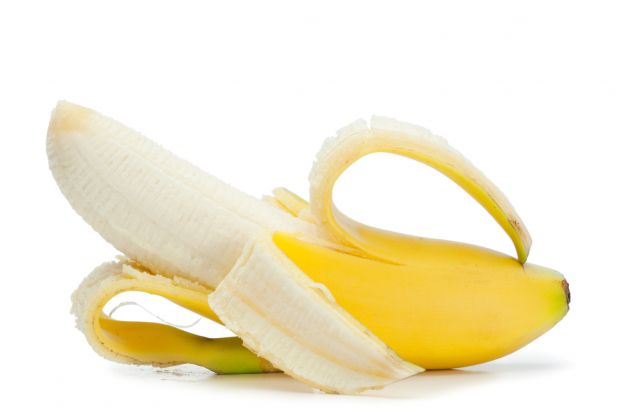 |
| Bannana |
Fusarium wilt,
popularly known as Panama disease, is caused by a soil-borne fungus
which is almost impossible to eradicate. It stays in the soil for an
indefinite period and resists chemical pesticides.
In the 1950s,
fusarium wilt wiped out most commercial production of the then dominant
strain of banana, the Gros Michel variety. Producers switched to other,
more resistant varieties, but the fungus has adapted, and is now
threatening the world's most popular banana variety the Cavendish. The
disease has spread through Asian countries such as Philippine and
Indonesia, and it was from the Philippines that it reached Mozambique.
The disease has
been detected in two farms of the Jacaranda company in Cabo Delgado and
in the plantation of the Matanuska company in Nampula. Matanuska
suffered major losses on 1,550 hectares, which led to the company
declaring bankruptcy in February.
Part of the
Matanuska crisis can be laid at the door of the Norwegian government's
development finance institution, Norfund, which was one of the founding
investors in Matanuska, putting 27 million dollars into the company.
Initially all
seemed to be going well, Production at Matanuska began in 2008, and at
its peak it was exporting 1,400 tonnes of bananas a day, according to a
report in the latest issue of the well-informed “Mozambique News Reports
and Clippings”, published by London-based journalist, Joseph Hanlon.
But in 2013, Panama
disease struck, although the fungus had never been seen in Africa
before. The source of the disease has been identified. The head of plant
pathology in the Agriculture Ministry, Antonia Vaz, told the BBC in
February that the fungus came to Matanuska on the boots of two workers
from the Philippines. In other words, the company management failed to
take the basic precaution of cleaning the footwear of workers from a
country where Panama disease is rampant.
Cited by Hanlon,
Vaz said that, in the company's early years “there was a rapid turnover
of management at Matanuska and poor local control, and the lack of
phytosanitary control meant dirty boots were not checked”. Vaz feared
that the disease could destroy the entire Mozambican banana industry
within a decade.
Hanlon notes that
“Having allowed the poor management and introduction of a devastating
disease, Norfund withdrew from Matanuska in 2014”.
Hanlon comments:
“Norwegian "aid" has destroyed companies and introduced a disease which
will devastate the banana industry, costing far more jobs than have been
created by that aid. Actions to resist the spread of Panama disease
will cost tens of millions of dollars, surely more than Norway invested
in the banana plantation. Norway's aid to Mozambique is about 30 milion
US dollars per year. Cleaning up the Matanuska mess will cost more than
one year's aid. Can Norway simply walk away and wash its hands of the
damage it has done?”
The Agriculture
Ministry has now suspended all banana production at Matanuska. The two
Jacaranda farms are allowed to continue production, but under strict
measure of quarantine.
No bananas can be
moved out of Nampula and Cabo Delgado, and nor can any seedlings or
other propagating materials. Access to the affected farms is banned to
everybody except their workers, plant health technicians, and other duly
authorised persons.
As for bananas on
sale within the two provinces, they should be washed and disinfected
with fungicide, and transported under safe conditions. The packaging
material, such as boxes and sacks, must be treated so as to remove all
soil and dust.










No comments:
Post a Comment